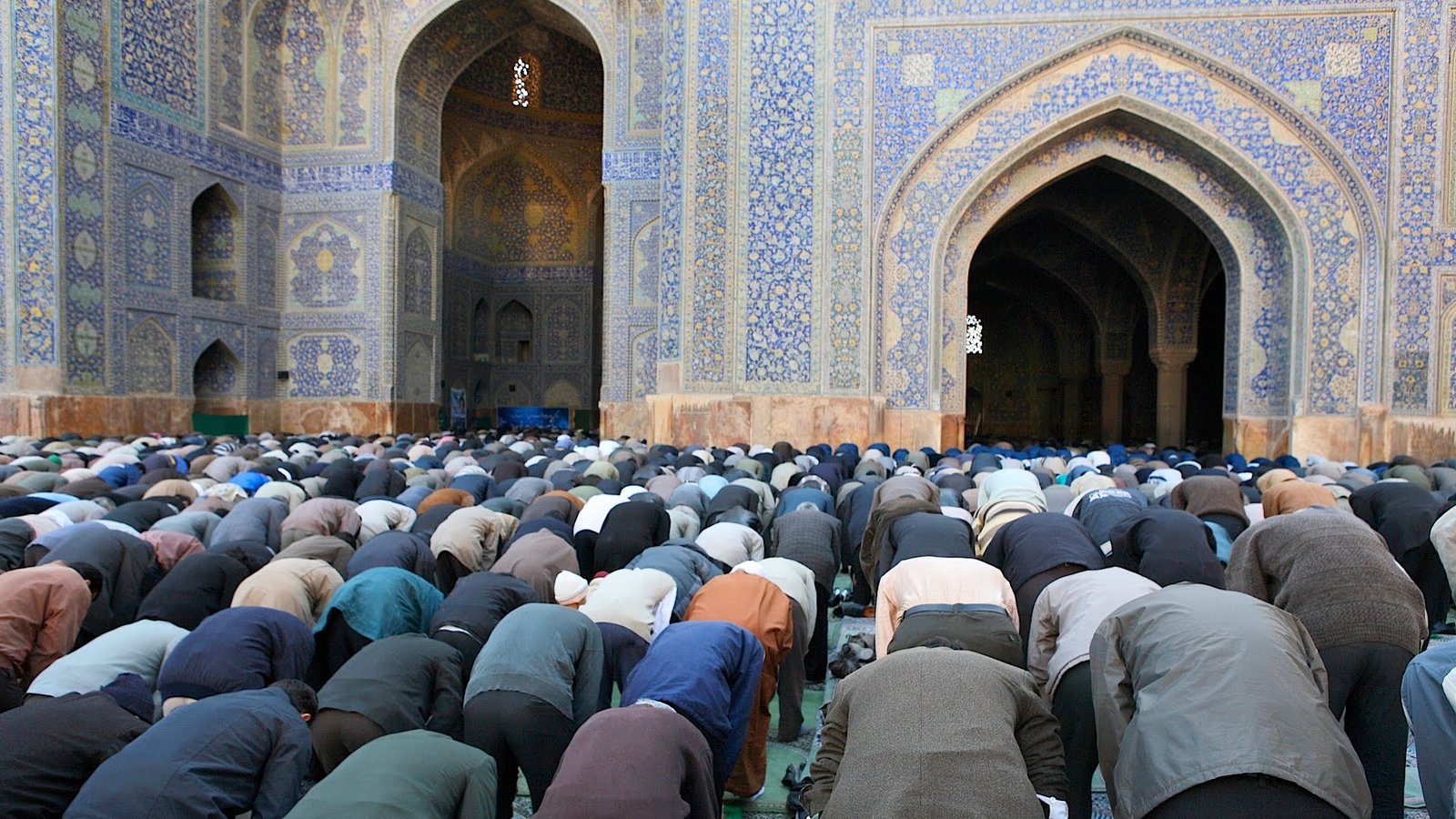Answered by Shaykh Yūsuf Badāt
Question:
Are we allowed according to the Islamic law to give gifts (money or otherwise) to Ḥuffādh for leading tarāwīḥ in the month of Ramadān? What is the Islamic ruling of compensating a person rendering a religious service for the public?
Answer:
Jazāk Allāh Khayr/ Thank you for your question.
As for giving or receiving a remuneration in exchange of any act of worship itself, such as fasting, ritual prayer and or recitation of the Qurʿān, is islamicaly prohibited. A price cannot be put to the Qurʿān or an act of worship, that is solely devoted for Allāh. It is priceless. That being said, the question of remuneration for teaching or leading comes to fore. This matter has generally been differed based on context and purpose. The muta’akhirūn (later scholars) of the Ḥanafī fiqh as well as the jamhūr (majority classical scholars of various schools), including imams Shāfi’īe, Mālik, Aḥmad, Isḥāq and others (may Allāh’s mercy be with them) have permitted taking a remuneration or gift in exchange of teaching Islam, leading prayers or conducting a religious service.
Our view with a few details is as follows,
It would be preferred to volunteer one’s services of teaching and or leading especially if one has another suitable and sufficient source of income. It is however permissible to accept a remuneration and or honourarium in exchange of the time and effort consumed to lead or teach, where others are benefiting.
The intention must be that one is accepting the gift in exchange of the time one is confined for rendering the service, not in exchange of the Qurʿān recitation, leading or teaching, itself. While the religious teacher or imam is confined and busy teaching or leading, he or she is unable to conduct any business or other work to earn a living. Therefore, the remuneration is in return of the time confined to conduct the services.
It is also worthy to note that in the past, Islamic governments would compensate and look after the basic necessities of religious persons for their services to the masses. This is not the case in today’s time.
Another pertinent factor is that there will be a decline in the practice and spread of Islam and related education. This is because very few will opt to conduct the services, since there is no compensation. They will rather be occupied earning a living for themselves and their families elsewhere.
Imam Nawawī (may Allāh’s mercy be with him) writes, “The ḥadīth is ṣarīḥ (clear) that it is permissible to take a remuneration for ruqyah on reciting fātiḥah and dhikr. It is ḥalāl (permissible) with no detestation. The ruling is similar when it comes to taking a compensation for teaching Qurʿān. This is the verdict of majority schools.” (Sharḥ Al-Nawawī)
“The correct ruling is that it is permitted to take a remuneration on calling the adhān, leading ritual prayer, issuing legal Islamic verdicts and all related religious acts, just as the Islamic head of state can take remuneration for taking care of the Islamic kingdom.” (Ibn ʿArabī)
“It is permissible to take remuneration for leading prayers if one also calls the adhān and or looks after the masjid.” (Al-Qawānīn Al-Fiqhiyyah)
“The term ‘Al-Āmilīna Alayhā’ (those employed to administer) in the Qurʿān also refers to the imams leading prayers.” (Aḥkām Al Qurʿān)
There are reports that the Companions (may Allāh be pleased with them) recited Qurʿānic verses to treat the sickly and injured. They were also gifted with valuables in exchange of their service, which the Prophet (peace and blessings upon him) approved. (See Tirmidhī)
Imam Qurṭubī (may Allāh’s mercy be upon him) writes, “The overwhelming majority of classical Islamic scholars have permitted taking a remuneration for teaching Qurʿān. The Prophet Muḥammad (peace and blessings upon him) has said in a narration of Ṣaḥīḥ Bukhārī, ‘You are most entitled to take wages for reciting the Book of Allāh.’ This ḥadīth reference settles all the varying opinions and views.” (Tafsīr Qurṭubī)
It is also recorded that Abū Bakr (may Allāh be pleased with him) stated, “Where else will a public servant earn to support family?” (Al Jāmi’ Li-Aḥkām al Qur’ān)
And Allāh Knows Best




